A storm is brewing in East Africa as the United Nations issues a chilling warning against President Samia Suluhu Hassan’s government, accusing it of orchestrating a “systematic campaign of enforced disappearances and torture” ahead of Tanzania’s 2025 general elections.
In an unusually sharp rebuke, UN-appointed human rights experts demanded that the Tanzanian authorities immediately halt the abductions of political critics, journalists, and civil society leaders—a trend they claim mirrors authoritarian crackdowns meant to crush opposition.
The damning statement, released Friday, cited over 200 disturbing cases of forced disappearances since 2019, describing them as part of a broader effort to “suppress dissent and sidestep the rule of law.”
Among the latest high-profile victims are renowned Kenyan activist Boniface Mwangi and Ugandan advocate Agatha Atuhaire, who were allegedly kidnapped and tortured while in Tanzania—raising cross-border alarm.
“This isn’t random violence—it’s targeted and systematic,” the UN experts warned. “The victims deserve full reparations, including justice, legal support, and medical care.”
President Samia, who rose to power in 2021 following the death of John Magufuli, is now facing her first major electoral test. But her administration is already drawing international scrutiny for showing signs of autocratic governance.
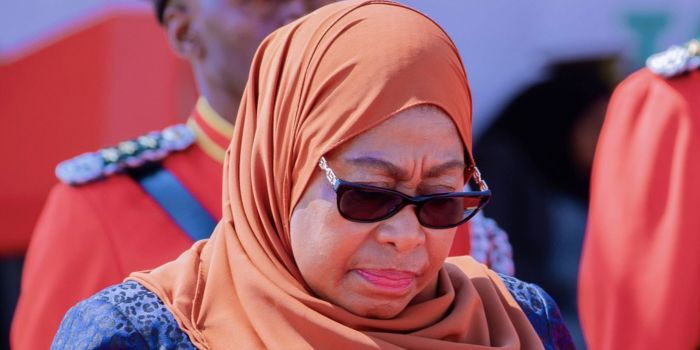
Opposition leader Tundu Lissu remains jailed on treason charges, accused of inciting unrest, while his Chadema party has been barred from participating in the upcoming elections—fueling fears of a rigged political environment.
So far, the Tanzanian government has remained silent on the UN’s explosive accusations.
As tensions rise and the countdown to the elections continues, the world watches closely, with concerns mounting over the future of democracy in one of East Africa’s most strategic nations.
Will Tanzania heed the UN’s call—or slide further into repression?


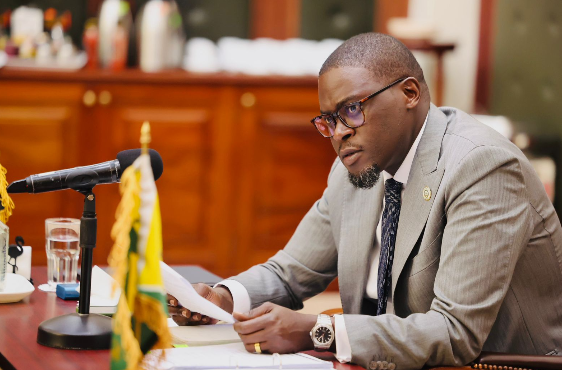
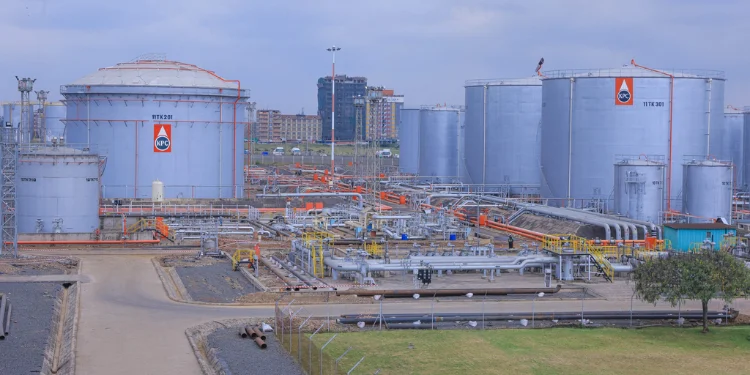
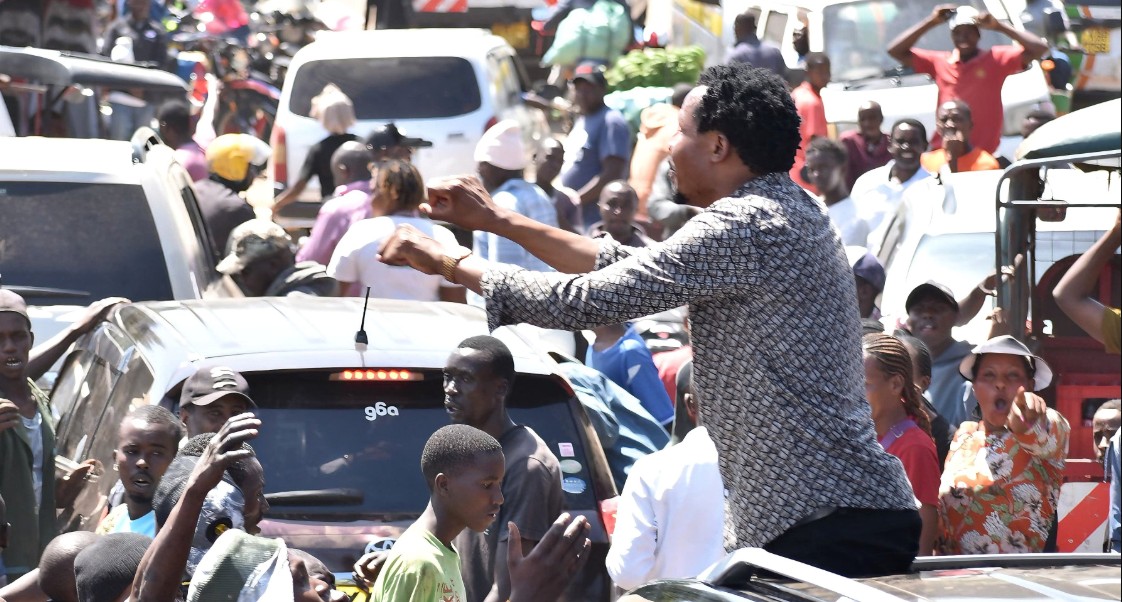
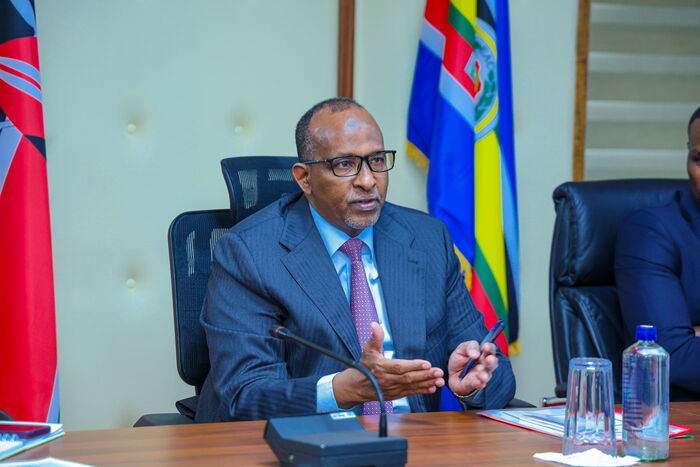

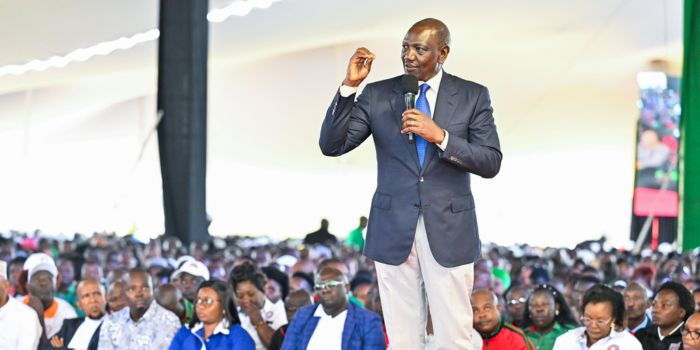
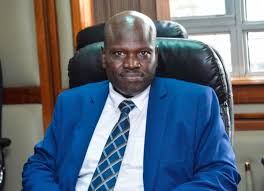
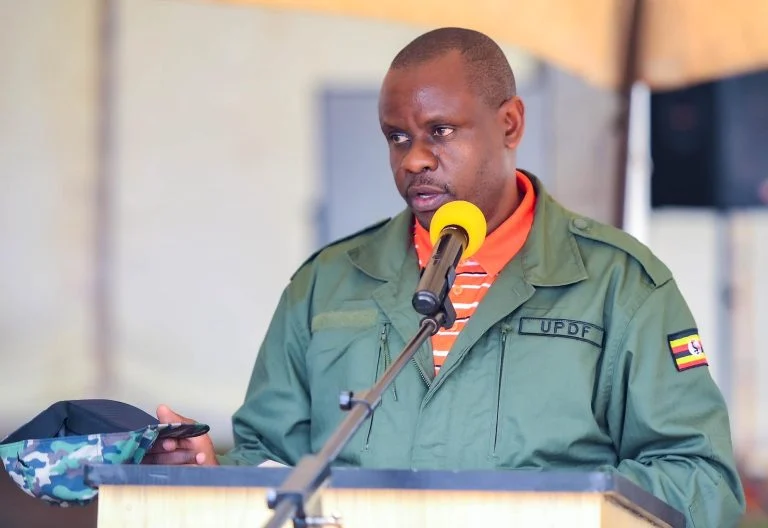

Leave a Reply